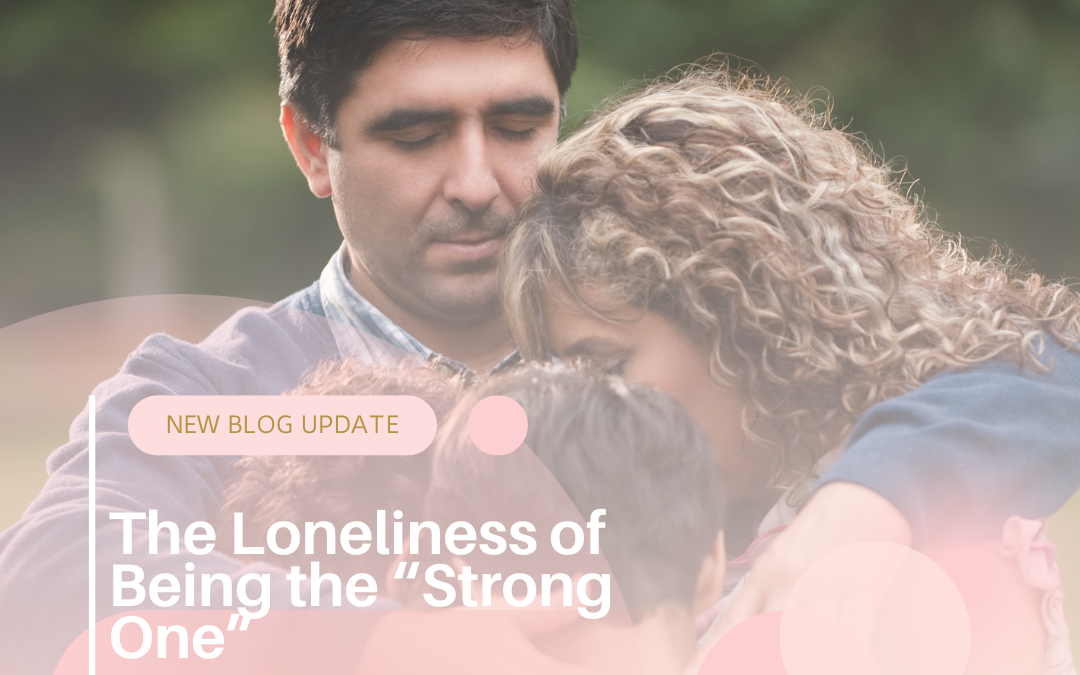We all know someone who seems to have it together all the time. They’re the problem-solver, the go-to for advice, the one who stays calm in a crisis. Maybe that person is you.
If it is, let’s talk about something that’s not often acknowledged: the emotional weight of being the “strong one.”
Because while everyone else may lean on you, who do you lean on?
The Role No One Asked You to Play
Being the strong one often starts innocently. Maybe you were the eldest child, or the one who matured quickly in chaos. Maybe you’re naturally composed under pressure. Over time, people begin to rely on you. And then they come to expect it.
You become the therapist friend, the emotional anchor, the reliable one. And at first, it might feel like purpose. But eventually, it can start to feel like pressure.
The Invisible Burnout
Strong people get overlooked in times of stress. The assumption is: “They’re fine. They always are.”
But the truth is, the strong one struggles too—they just do it quietly.
They may bottle emotions, minimize their needs, or delay asking for help because they don’t want to burden others.
What follows is a particular kind of loneliness:
-
The loneliness of being seen as capable, but not needing
-
The loneliness of being there for everyone, and rarely having anyone there in return
-
The loneliness of always keeping it together, even when you’re falling apart
Signs You Might Be Carrying Too Much
-
You feel exhausted, but still say “yes” when someone needs you
-
You struggle to express vulnerability, even in close relationships
-
You downplay your pain because “others have it worse”
-
You feel resentment building, even though you try to stay kind and composed
-
You don’t know how to ask for support, or you feel guilty when you do
If any of this feels familiar, you’re not broken or weak—you’re human. And you deserve care too.
What Can Help?
1. Acknowledge that strength includes softness.
Being strong doesn’t mean being emotionless. Allowing yourself to feel, cry, rest, or ask for help doesn’t make you less capable—it makes you more whole.
2. Set boundaries with love.
You don’t have to be available all the time. Saying “I’m not in the space to help right now” is not selfish—it’s necessary.
3. Let others see your humanity.
Start small. Share when you’re having a hard day. Let a trusted friend in on what you’re navigating emotionally. Vulnerability invites connection.
4. Build reciprocal relationships.
Seek out people who check in on you too. Cultivate friendships where the emotional labor is mutual, not one-sided.
5. Consider therapy or a support group.
Sometimes the “strong one” is long overdue for a space to unpack their own struggles. Therapy can be that space where you are the focus, not the fixer.
Closing Thoughts
If you’re the strong one, please hear this:
You don’t have to carry it all.
You’re allowed to fall apart sometimes.
You’re allowed to not be okay.
Let go of the myth that your worth is tied to how much you can handle. You are worthy of rest, of support, and of care—not just from others, but from yourself.
Because even the strong ones deserve to lean, not just be leaned on.


Recent Comments